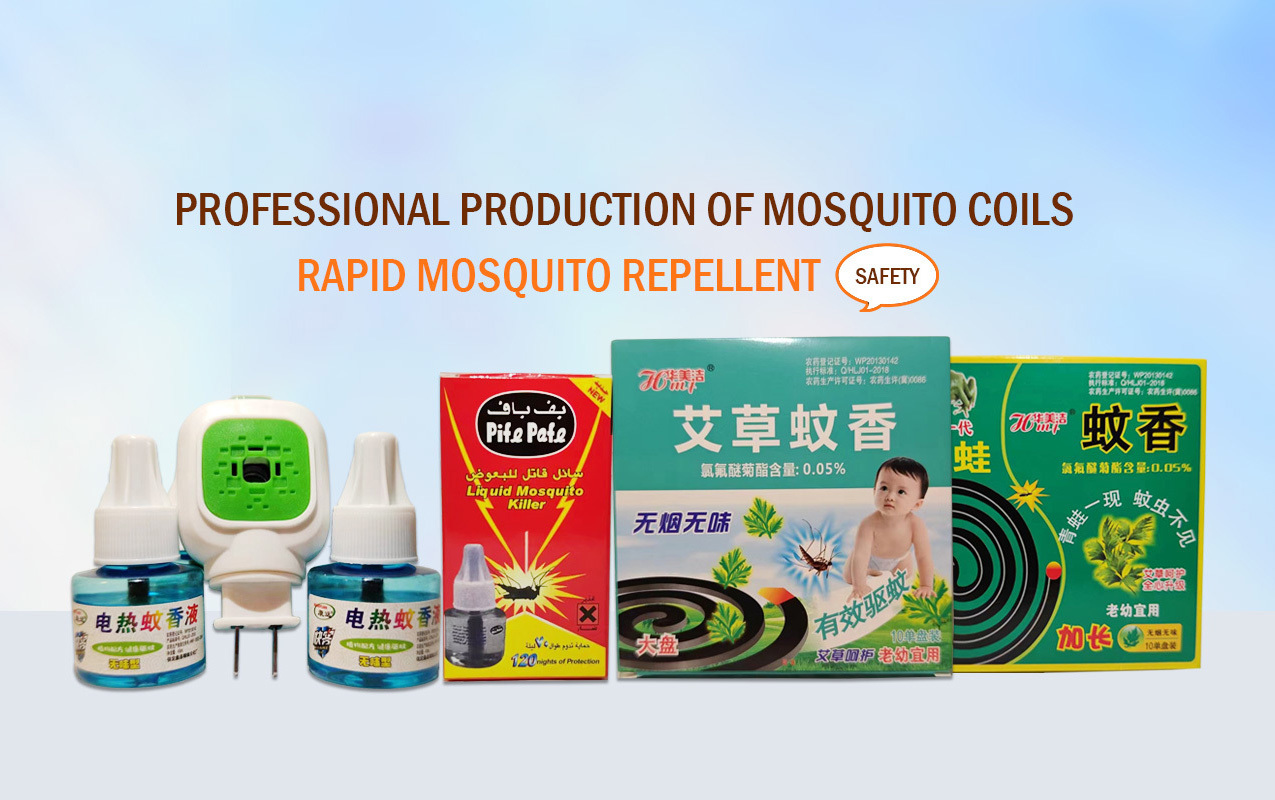Effective Insecticides for Mosquito Control: A Comprehensive Guide
2025-02-16

Mosquitoes are not only a nuisance but also pose significant health risks as vectors for diseases such as malaria, dengue fever, and West Nile virus. Therefore, implementing effective mosquito control measures is crucial in agricultural settings and residential areas alike. Insecticides for mosquitoes come in various formulations, each with unique characteristics and applications. Understanding these options can guide you in making informed decisions for effective pest management.
One of the primary types of insecticides for mosquito control is pyrethroids. These synthetic chemicals mimic natural insecticides derived from chrysanthemum flowers and are highly effective against a wide range of insects, including mosquitoes. Pyrethroids work by attacking the nervous system of the insects, leading to paralysis and death. They can be used in various forms, such as sprays, granules, and foggers, which makes them versatile for different environments.
Another category worth considering is insect growth regulators (IGRs). Unlike traditional insecticides, IGRs do not kill adult mosquitoes but rather disrupt their life cycle. These products inhibit the development of larvae into adult mosquitoes, thereby reducing the overall population over time. IGRs are particularly useful in areas where long-term mosquito control is needed, as they can provide sustained results with less frequent applications.
For those looking for biodegradable and environmentally friendly options, botanical insecticides made from plant extracts can be a viable choice. Neem oil, for example, is derived from the seeds of the neem tree and has been shown to repel and kill mosquitoes by disrupting their hormonal processes. These natural alternatives are often safer for beneficial insects and can be integrated into an organic farming strategy.
When applying insecticides for mosquitoes, it is essential to follow the manufacturer's instructions carefully. Consideration of the proper application methods, such as timing and frequency, can significantly improve effectiveness. Additionally, wearing appropriate protective gear and adhering to safety guidelines will help mitigate risks associated with chemical exposure.
Finally, while insecticides are integral to mosquito control, integrating them into a broader Integrated Pest Management (IPM) strategy is advisable. This approach combines biological, cultural, and chemical methods to achieve sustainable pest control. Regular monitoring and habitat management, such as eliminating standing water where mosquitoes breed, are also critical components of effective mosquito management.
In summary, there are various insecticide options available for controlling mosquito populations. By understanding the types of insecticides, their applications, and safety considerations, you can make informed choices that contribute to a healthier environment, free from the threat of mosquito-borne diseases.
Recommend News
Contact Us
Leave Us A Message


